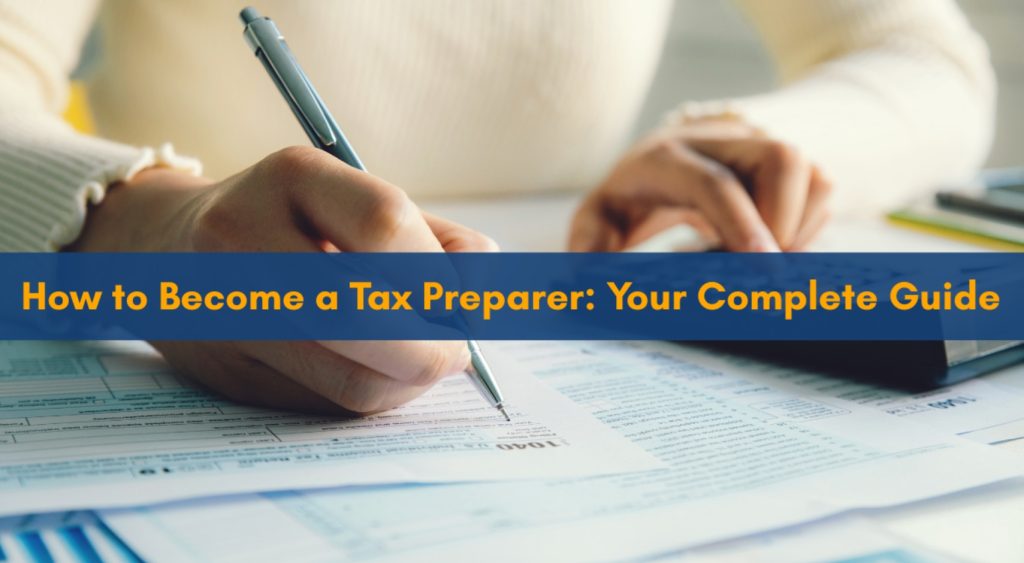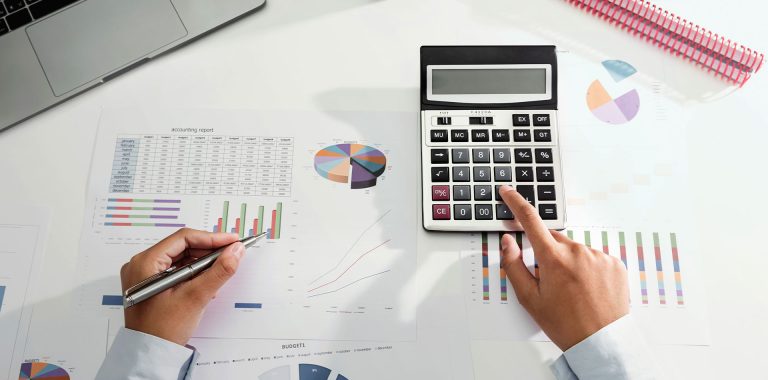
Tax preparation is an important service that helps individuals and businesses comply with tax laws and avoid costly penalties. It can be a rewarding career for those who are detail-oriented, analytical, and enjoy working with numbers.
In this blog, I’ll take you step by step through the process of how to become a tax preparer, from education requirements to certification and finding clients. Whether you’re looking for a side hustle or a full-time career, becoming a tax preparer could be the perfect opportunity.
What Does a Tax Preparer Do?
Before diving into the steps to becoming a tax preparer, it’s essential to understand what the role entails. Tax preparers assist individuals, families, and businesses in preparing their tax returns accurately and efficiently. Their tasks may include:
- Collecting financial data: Gathering documents like W-2s, 1099s, and receipts to ensure accurate reporting.
- Calculating taxes owed: Using tax preparation software or tax codes to calculate how much clients owe or how much they will get refunded.
- Filing tax returns: Submitting completed tax returns electronically to the IRS or relevant state authorities.
- Advising clients: Offering basic tax advice on deductions, credits, and tax planning strategies.
Step 1: Meet Basic Qualifications
The good news is you don’t need a college degree to become a tax preparer. However, a solid understanding of math and finance is crucial. Many tax preparers hold a high school diploma or equivalent. While formal education isn’t required, taking courses in accounting, bookkeeping, or tax preparation can give you a strong foundation.
Step 2: Get Hands-On Experience
While not mandatory, gaining hands-on experience can be extremely beneficial. You can start by working as an intern or assistant under a licensed tax preparer, helping them with the preparation of returns. This allows you to gain insight into the work environment, become familiar with tax software, and understand client interactions.
Step 3: Certification and Licensing
In the United States, the IRS does not require all tax preparers to have a license. However, certain programs and certifications can set you apart from other professionals. One of the most common and accessible certifications is the IRS Annual Filing Season Program (AFSP).
The AFSP is designed to help you understand tax law updates and demonstrate your knowledge and competence to clients. To earn this certificate/, you need to:
- Complete 18 hours of continuing education courses, including 6 hours of federal tax law topics and 2 hours of ethics.
- Pass the annual IRS tax preparation exam.
The AFSP is perfect for new tax preparers looking to gain credibility and improve their job prospects.
Becoming a Certified Public Accountant (CPA) or Enrolled Agent (EA)
While the AFSP is a good starting point, if you want to advance your career in tax preparation, becoming a Certified Public Accountant (CPA) or an Enrolled Agent (EA) might be a good next step.
- Certified Public Accountant (CPA): A CPA is a licensed professional who has passed a rigorous exam covering accounting, business law, and taxes. While CPAs can specialize in various areas of accounting, many focus on tax preparation.
- Enrolled Agent (EA): EAs are tax professionals authorized by the IRS to represent taxpayers before the IRS. Earning the EA designation requires passing an exam that covers individual and business taxes.
Both certifications require significant study and commitment, but can lead to better job opportunities and higher salaries.
Step 4: Choose Your Specialization
Once you’re certified, it’s time to decide on your area of focus. Tax preparation is a diverse field, and specializing in one area can help you stand out.
Individual Taxes
If you’re interested in working with personal clients, you may want to focus on individual taxes. This includes preparing tax returns for people with simple or complex financial situations. This area can include a wide range of clients, from individuals with a single source of income to those with investments, multiple income streams, or business interests.
Business Taxes
If you prefer working with businesses, you might want to specialize in business taxes. This involves preparing taxes for small business owners, corporations, partnerships, or LLCs. You’ll need to understand complex tax codes regarding business deductions, credits, and corporate structures.
Specialized Taxes
You may also want to specialize in niche areas such as:
- Estate taxes
- Nonprofit taxes
- International taxes (helping clients with foreign income, tax treaties, etc.)
- Sales tax (especially relevant for e-commerce businesses)
Each specialization has its own unique rules and regulations, so consider what interests you most and where there is demand in your area.
Step 5: Build Your Client Base
As a new tax preparer, you’ll need to build your client base. Networking is essential.
Here are some ways to get started:
- Your first clients may come from referrals, so always provide excellent service.
- Advertise in local newspapers, online forums, or through flyers in your community. Hosting free seminars on tax preparation can also help you attract clients.
- Having a website and social media presence is crucial. Many clients search for tax preparers online, so make sure your services are visible.
Step 6: Keep Learning and Stay Updated
Tax laws are constantly evolving, making continuing education essential. Many certifications, like the IRS AFSP, require ongoing education to stay current with tax law updates. Subscribing to tax publications, attending webinars, and joining professional associations like the National Association of Tax Professionals (NATP) or the National Association of Enrolled Agents (NAEA) can help you stay informed.
Conclusion
Becoming a tax preparer can be a rewarding career with significant growth potential. Whether you want to work for a tax preparation firm or start your own business, the steps above will guide you toward achieving your goal. The key is education, certification, and a commitment to continuous learning. By gaining the right experience, specializing in a niche, and offering excellent service, you can build a successful tax preparation career.


